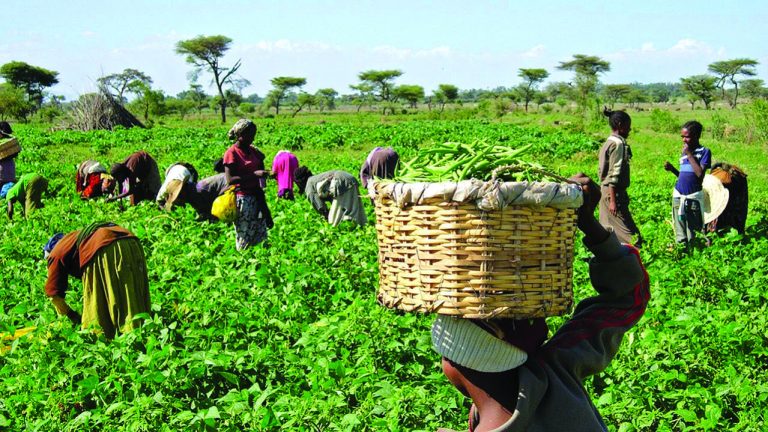Mercy Corps has supported 9,383 ginger farmers in Kaduna State through its project called Empowering Resilient Ginger Farmers (ERGF). The aim is to help farmers increase their production and improve their livelihoods.
Mr. Ismail Rilwan, the Programme Manager of Mercy Corps, shared this on Tuesday in Abuja during the closeout meeting of the project with LAPO Microfinance Bank.
He explained that the project, funded by donor TAZO, started in March 2023 and will run until August 2025 across four local government areas of Southern Kaduna — Kachia, Jaba, Sanga, and Jemaa. These areas are popularly known as the “ginger triangle.”
Rilwan said Nigeria is the world’s second-largest producer of ginger, with Kaduna State alone producing about 90% of the country’s ginger.
However, he noted that farmers face many challenges such as crop diseases, high costs of farm inputs, and limited access to finance.
“The ERGF project was created to solve these problems, increase yields, and promote financial stability for farmers,” Rilwan said.
He added that the project focuses on smallholder farmers, especially women, helping them to overcome long-standing challenges in ginger farming.
The programme aims to empower at least 51% women farmers, improve productivity and income, and build resilience against agricultural and economic shocks.
According to him, the project has two main goals: first, to increase production through better seeds and sustainable practices; second, to improve farmers’ access to finance through training and credit facilities.
Rilwan identified major problems faced by ginger farmers, such as weak seed systems, labour-intensive work, recurring diseases, and poor access to loans.
He said Mercy Corps worked with many partners, including Ahmadu Bello University Zaria, Kaduna State University, the Institute for Agricultural Research, the Bank of Agriculture, LAPO Microfinance Bank, and others.
Already, he said, yields have improved significantly — moving from an average of 5–12 tons per hectare closer to the potential of 38 tons per hectare under good conditions.
Farmers also now have better access to loans, and more women are participating in agribusiness and decision-making in their communities.
Rilwan recalled the 2023 ginger disease outbreak, which caused an estimated ₦10 billion loss. He noted that early signs were missed and stressed the need for stronger extension services and an early warning system to prevent future outbreaks.
Also speaking, Mr. John Ogbebor, Agriculture Business Manager at LAPO Microfinance Bank, said lack of access to credit remains a big problem for farmers in Nigeria.
He explained that many farmers struggle with tedious loan processes, high interest rates, and long waiting periods before disbursement.
Through its partnership with Mercy Corps, LAPO disbursed ₦48 million in loans to 305 farmers in Kaduna, including 170 women.
The loans covered farm inputs, labour, and other needs along the value chain. Repayment terms were flexible, with grace periods given until harvest, and the repayment cycle matched the growth period of ginger.
Ogbebor stressed that sustainability and inclusion are key to success. “Inclusion means bringing more people into the value chain and financial sector, especially women and cooperatives. That is how we build resilience and shared prosperity,” he said.
Mercy Corps works in more than 20 countries worldwide, with its headquarters in Portland, United States. In Nigeria, it focuses on areas such as water and sanitation, food security, economic opportunity, peace, and good governance.
The highlight of the Abuja meeting was a panel discussion on Financial Inclusion and Resilience: Driving Shared Prosperity in Nigeria.


